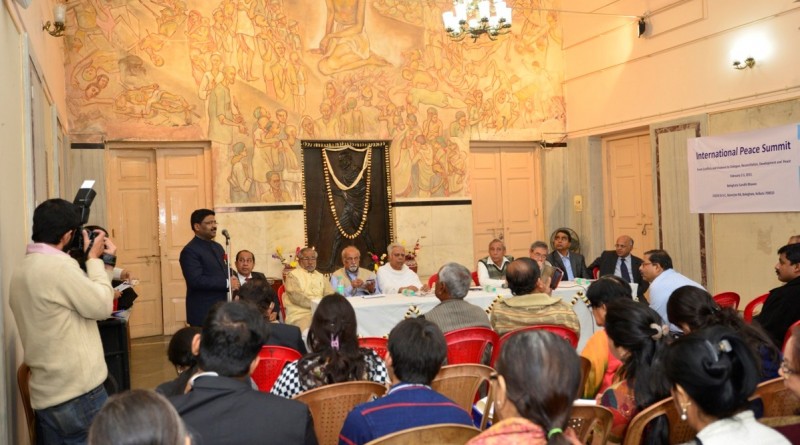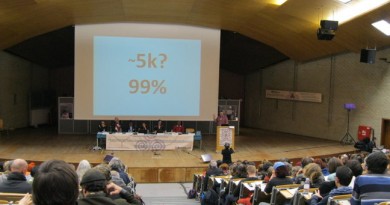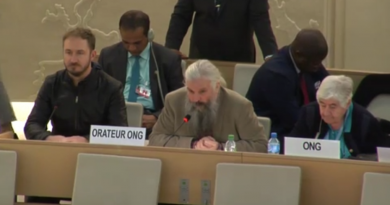CGNK participates in International Peace Summit 2015 at Kolkata
On the eve of 70th anniversary of Mahatma Gandhi’s Naokhali peace march to quell communal riots at the time of India’s Partition and Independence in August 1947, CGNK Vice Chair Dr. Bill Bhaneja attended the Peace Summit in Kolkata on February 2-3, 2015. Dr. Bhaneja was invited by the founder of Himsamukta Andolan (Violence Free India) movement chair and CGNK Honorary Sponsor Prof. Dr. N. R. Radhakrishnan to provide Nonkilling perspectives to the theme of conflict, peace and reconciliation as well as conflict transformation and regional cooperation in various panels of the peace summit over the two day period. He also read out the message from CGNK founder Professor Glenn D. Paige written especially for the event.
The Baliaghat venue of the conference was significant as this was the place in Kolkota’s poor neighbourhood where Mahatma Gandhi stayed and fasted for 21 days to stop the ongoing communal massacres between local Hindu and Muslim communities. The meeting cncluded with the following communique described as “Kolkata Declaration”.
Kolkata Declaration
An International Peace Summit was organized by the Gandhi Peace Mission, in association with several Gandhian and Civil Society organisations, on the occasion of the 100th Year of Gandhiji’s return to India from South Africa and the 70th Year of Noakhali Peace Mission.
The Peace Summit 2015 was held on 2nd and 3rd February 2015 at the historic Beleghata Gandhi Bhavan, Kolkata on the theme “From Conflicts and Violence to Dialogue, Reconciliation, Development and Peace”.
Earlier, a team of participants of the Summit, visited the memorials of Swami Vivekananda, Netaji Subash Chandra Bose and Rabindranath Tagore in Kolkata, to draw renewed inspiration from their teachings.
The Summit was attended by over 150 delegates from India, Bangladesh, Canada, Germany and Belgium.
At the end of the deliberations, the participants resolved the following:
- In the context of growing violent conflicts in the Society, the culture of dialogue and reconciliation has to be promoted along Gandhian lines of non-violence for furthering peace and harmony.
- Efforts must be made to promote right understanding of religions and “Sarva-Dharma Samabhava” i.e. Equal Respect for all Religions, by stressing the common core values of all religions and respecting the same.
- Inter-faith approaches drawing the moral, ethical and spiritual values should be promoted for communal harmony and sustainable peace.
- Steps to introduce compulsory Education for Peace from childhood onwards incorporating the ethos and universal human values of Love, Compassion, Mutual Respect, must be taken.
- Adequate and effective steps must be taken to prevent violence against underprivileged, women and children.
- Structures such as Shanti-Sena, Ministry of Peace in National Governments, for promoting Social Harmony and coherence must be set-up.
- Campaigns must be intensified against militarization and military spending by nations.
- The process of sustainable development and the Programmes and Schemes must include Gandhian Values.
- Denigration of national leaders like Mahatma Gandhi and distortion of history and the historic role played by national leaders, must not be allowed.
- The great civilizational heritage of India must be stressed in the syllabi of education institutions.
The delegates took the Pledge of taking action with the spirit of dialogue, reconciliation and forgiveness, in their individual capacity to bring peace and development in the family, society and the world.
Kolkata, 3 February 2015




